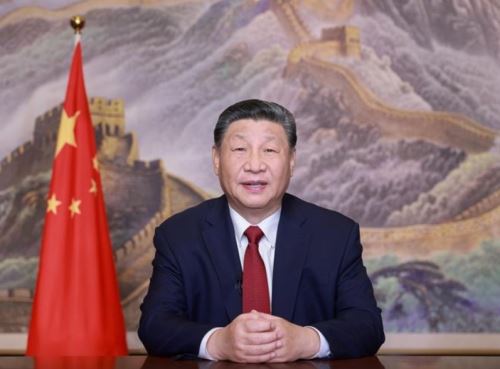13:14 | Beijing (China), May. 13.
China and CELAC member countries adopted a joint declaration on Tuesday following their 4th Ministerial Meeting held earlier today, which emphasizes their mutual commitment to multilateralism and outlines an action plan for cooperation for the 2025–2027 period.
"Diversifying markets must become a reality. Today from Beijing we send the message to the world that we are sister regions," said
Colombian Foreign Affairs Minister Laura Sarabia —whose country holds the rotating presidency of CELAC (Community of Latin American and Caribbean States)— during a joint press conference with China's top diplomat, Wang Yi, at the end of the meeting.
Wang reiterated both sides' commitment to multilateralism and highlighted a joint action plan involving 100 projects over the next three years, in which China has proposed a window of its own initiatives to "advance hand in hand."
This comes in addition to a credit line of 60 billion yuan (approximately US$8.33 billion or €7.498 billion) announced today by
Chinese President Xi Jinping.

In turn, Colombia's foreign affairs minister also emphasized the importance of working together to bring cooperation projects to fruition, noting that despite global uncertainty, there are opportunities to advance in various areas.
Sarabia stated that "the next step is joint work to carry out cooperation projects according to the strategic lines approved in the work plan."
The minister noted that although there are "uncertainties," there are also "opportunities to work together."
Likewise, she highlighted progress made in trade matters, noting that advances could be made in areas such as commerce, technological innovation, productive transformation, and above all, social development.
This assembly takes place in a geopolitical context of growing competition between China and the United States for influence in Latin America, where China continues seeking opportunities to expand its trade and investment —especially through initiatives like the Belt and Road Initiative— while Washington closely monitors these developments, wary of Beijing's growing influence in the region.
EFE News Agency: All rights reserved. Any reproduction is prohibited without the prior written authorization of EFE.
(END) EFE/CFS/JMP/MVB
Published: 5/13/2025